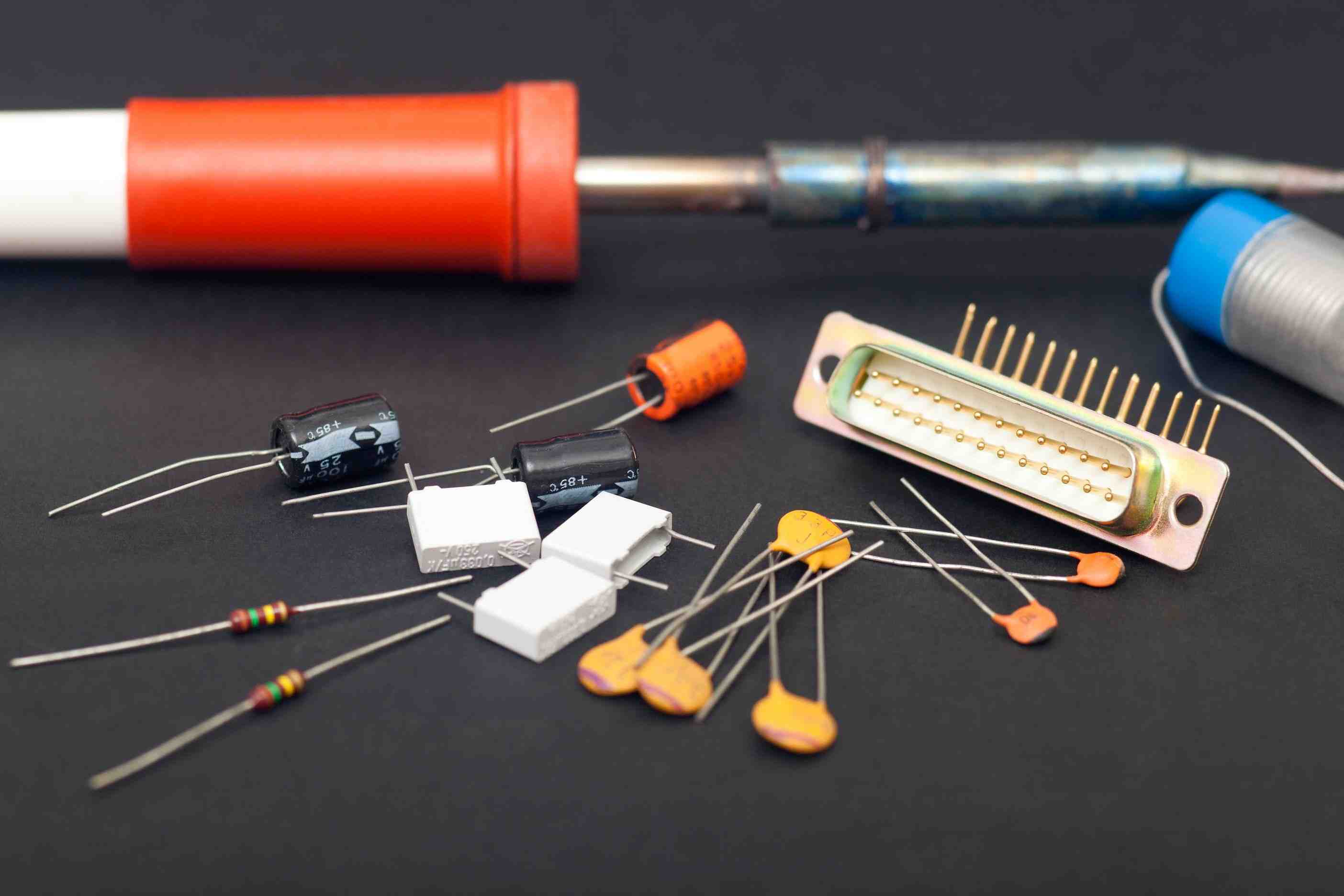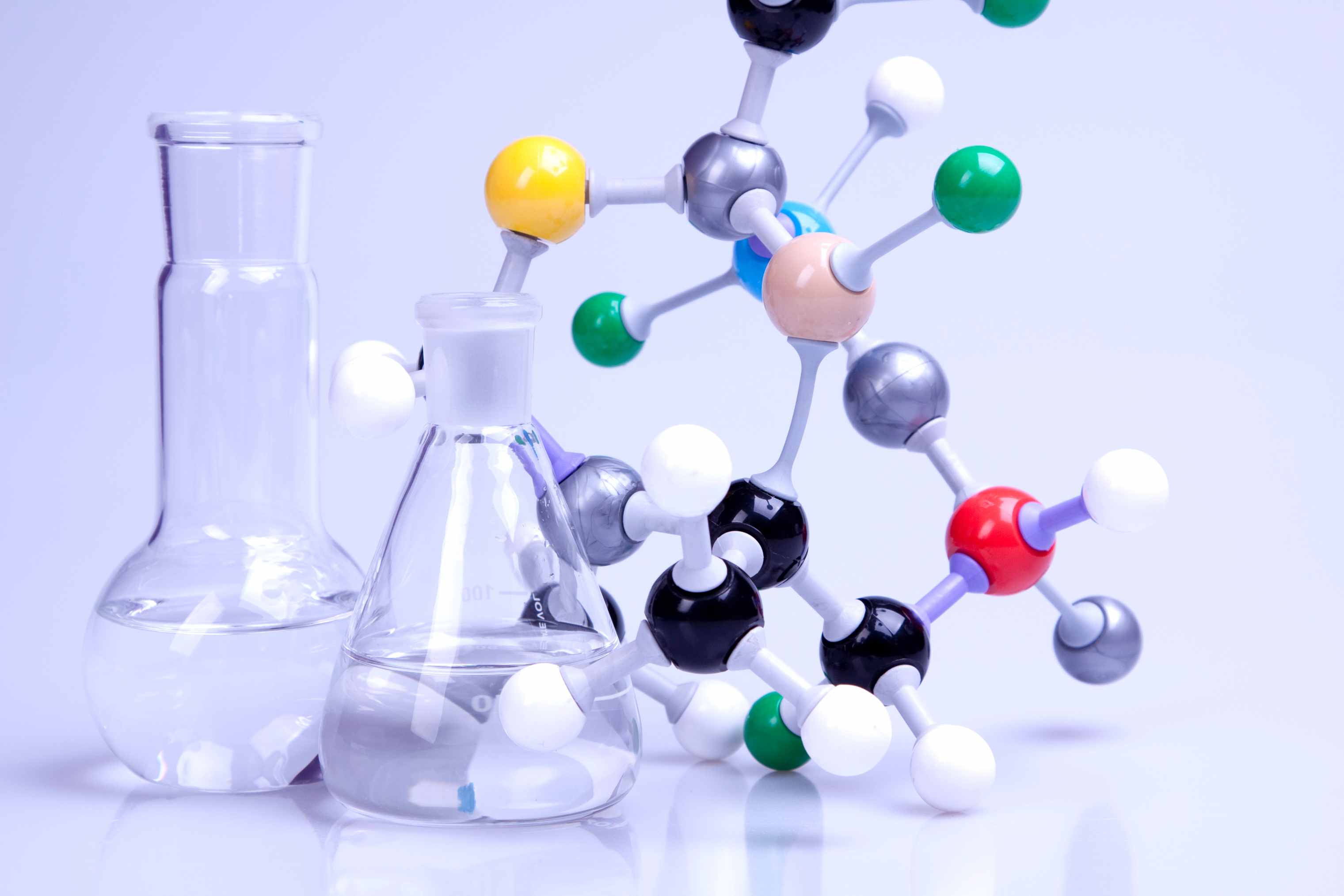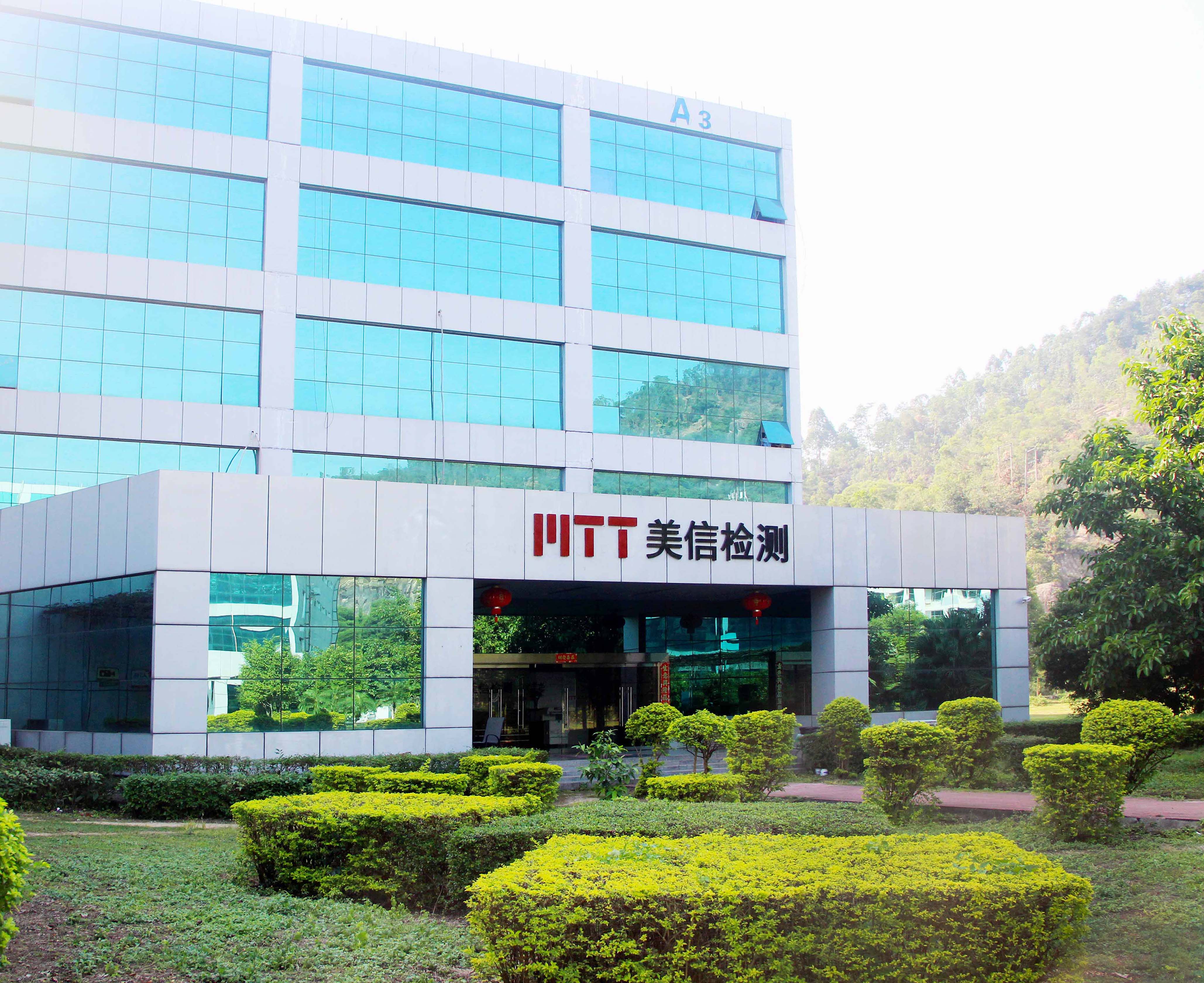




























The qualitative analysis of polymer materials stems from the demand for rapid and accurate identification of the components of unknown materials in industrial practice: in reverse engineering, the type of matrix resin is unknown; in the production process, there is a risk of adulteration by suppliers; for environmental compliance, trace harmful additives need to be screened .

| Project Background
The qualitative analysis of polymer materials stems from the demand for rapid and accurate identification of the components of unknown materials in industrial practice: in reverse engineering, the type of matrix resin is unknown (such as special engineering plastics in competing products); in the production process, there is a risk of adulteration by suppliers (such as HIPS being used to impersonate ABS, leading to component cracking); for environmental compliance, trace harmful additives need to be screened (such as brominated flame retardants prohibited by RoHS).
| Project Overview
This test is mainly carried out through Fourier transform infrared spectroscopy (FTIR) and pyrolysis gas chromatography-mass spectrometry (PYGCMS). Fourier transform infrared spectroscopy (FTIR): It is good at qualitative analysis of polymer functional groups and is sensitive to the main organic components (resin type). Pyrolysis gas chromatography-mass spectrometry (PYGCMS): It is good at providing molecular information of pyrolysis products and has strong ability to identify resin types and additives (especially small-molecule additives and flame retardants). If special polymer materials are encountered, data from DSC and other methods may also be needed for verification.
| Test Objective
1. Understanding raw material components and conducting quality control;
2. Reverse analysis;
2. Research and development innovation;
3. Failure analysis and root-cause tracing, etc.
| Testing Standards
GB/T 6040 General rules for infrared spectral analysis methods
SN/T5689 Identification of plastic polymers - Pyrolysis gas chromatography-mass spectrometry
| Service Products / Fields
Rubber, plastics, adhesives, fine chemicals, coatings and inks, electronic packaging, welding processes, etc.
| Project Advantages
1. Full coverage of components, enabling the establishment of a product database for easy quality control;
2. Efficient, rapid, and minimally invasive detection. FTIR is nearly non-destructive; Py-GC/MS only requires a milligram-level sample, which is friendly to precious failed parts.